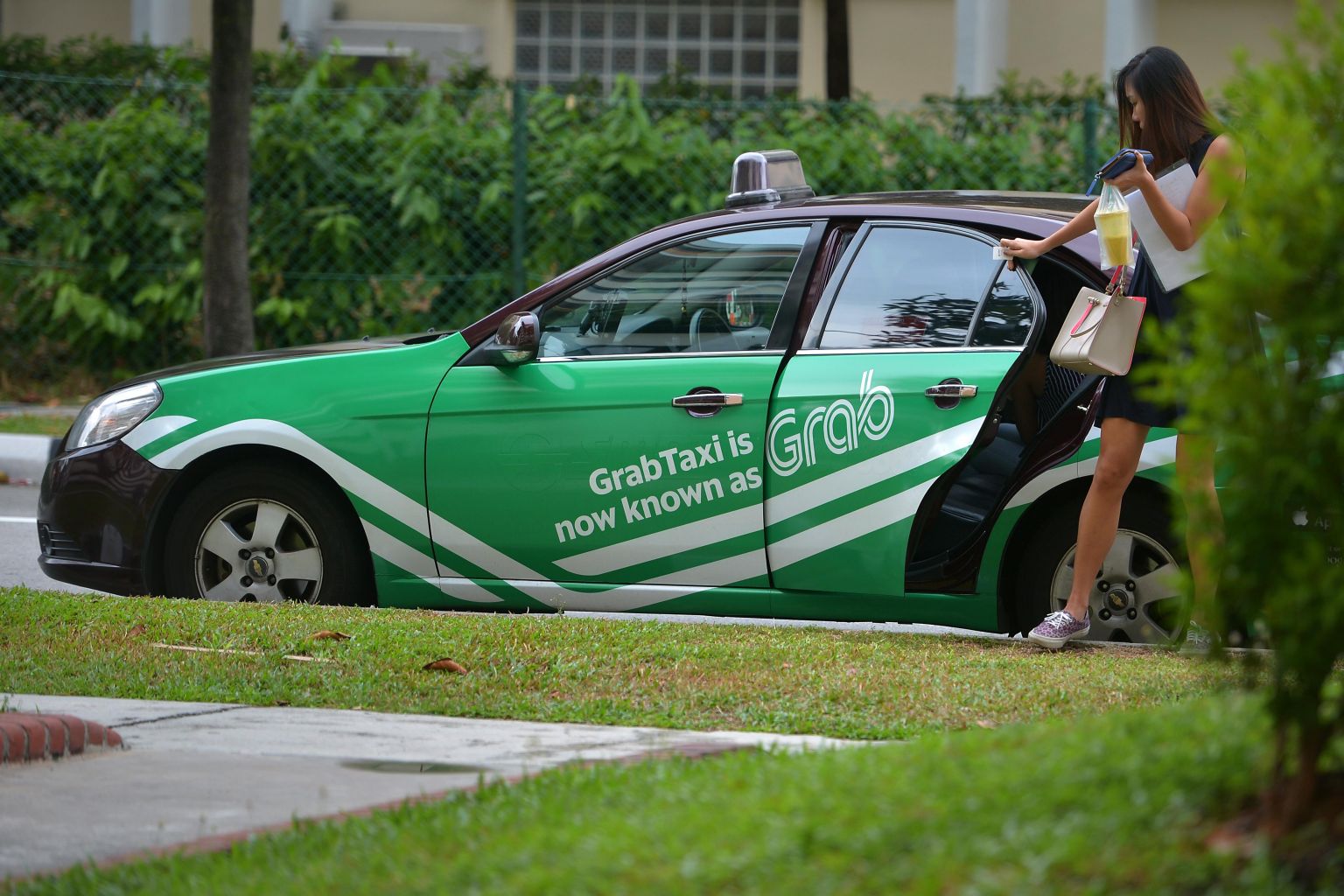Parliament: New licensing framework tightens the reins on private-hire firms
Sign up now: Get ST's newsletters delivered to your inbox

More than two-thirds of all point-to-point commutes are made via ride-hailing apps, with the rest being street hails.
ST PHOTO: KUA CHEE SIONG
SINGAPORE - For the first time since ride-hailing apps appeared six years ago, commuters can look forward to a formal licensing regime which will allow the authorities to mandate safety standards and act against breaches.
Senior Minister of State for Transport Janil Puthucheary announced in Parliament on Tuesday (Aug 6) that there will be two licences: one for street-hail operators (currently, taxi companies) and the other for ride-hail operators (such as Grab and Gojek).
Operators with at least 800 vehicles on their platform must apply for a licence. Those with smaller fleets will be exempted, said Dr Janil when he put the Point-to-Point Passenger Transport Industry Bill before the House for debate.
Those caught providing a service without a licence or exemption will face a fine of up to $10,000, jail time of up to six months, or both. A further fine of $500 for each day the offence continues after conviction will be imposed.
It will also be an offence to drive for such operators.
With the licensing regime, the Land Transport Authority (LTA) will have a tighter control on safety. Dr Janil said the LTA will track the number of accidents and driver offences.
"Operators whose drivers have committed too many accidents or offences can be penalised through regulatory sanctions," he said.
These companies will also have to ensure their vehicles are "well maintained and serviceable, for the safety of commuters, drivers and other road users", he added.
Dr Janil said Singapore has about 20,000 taxis and 45,000 private-hire cars. More than two-thirds of all point-to-point commutes are made via ride-hailing apps, with the rest being street-hails.
He told the House the operators will be barred from offering drivers exclusive arrangements to stop them from driving for other operators.
As for service standards, he said the LTA will continue with a "light regulatory approach... and will streamline regulatory requirements where possible".
He added that operators must keep records, and give relevant information and data to the LTA.
Those who fail to comply with the requirements in the Bill will face financial penalties or even have their licences revoked.
For fare-related matters, the Public Transport Council will oversee fares to ensure that rates are posted upfront. This will allow consumers to compare fares more easily, Dr Janil said.
The PTC will also have powers to deal with cases of overcharging and fare evasion.
Despite repeated calls from various quarters for the minimum age of private-hire drivers to be raised, for private-hire fleet sizes to be capped, and for statutory age limits for vehicles to be fixed, the Bill does not seek to change the status quo.


